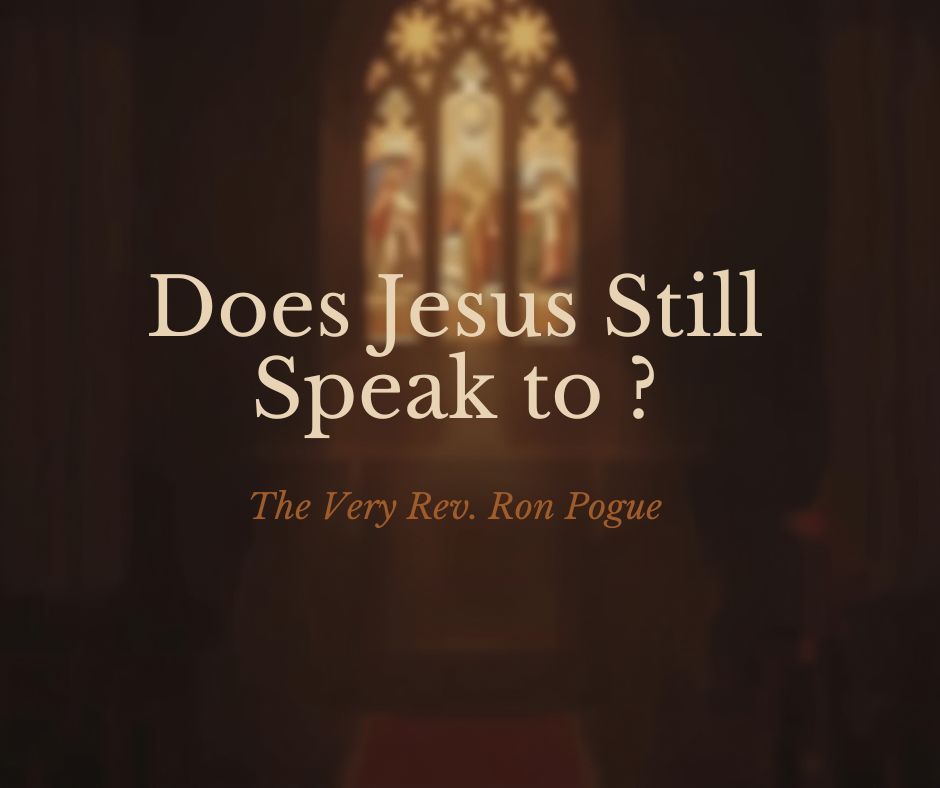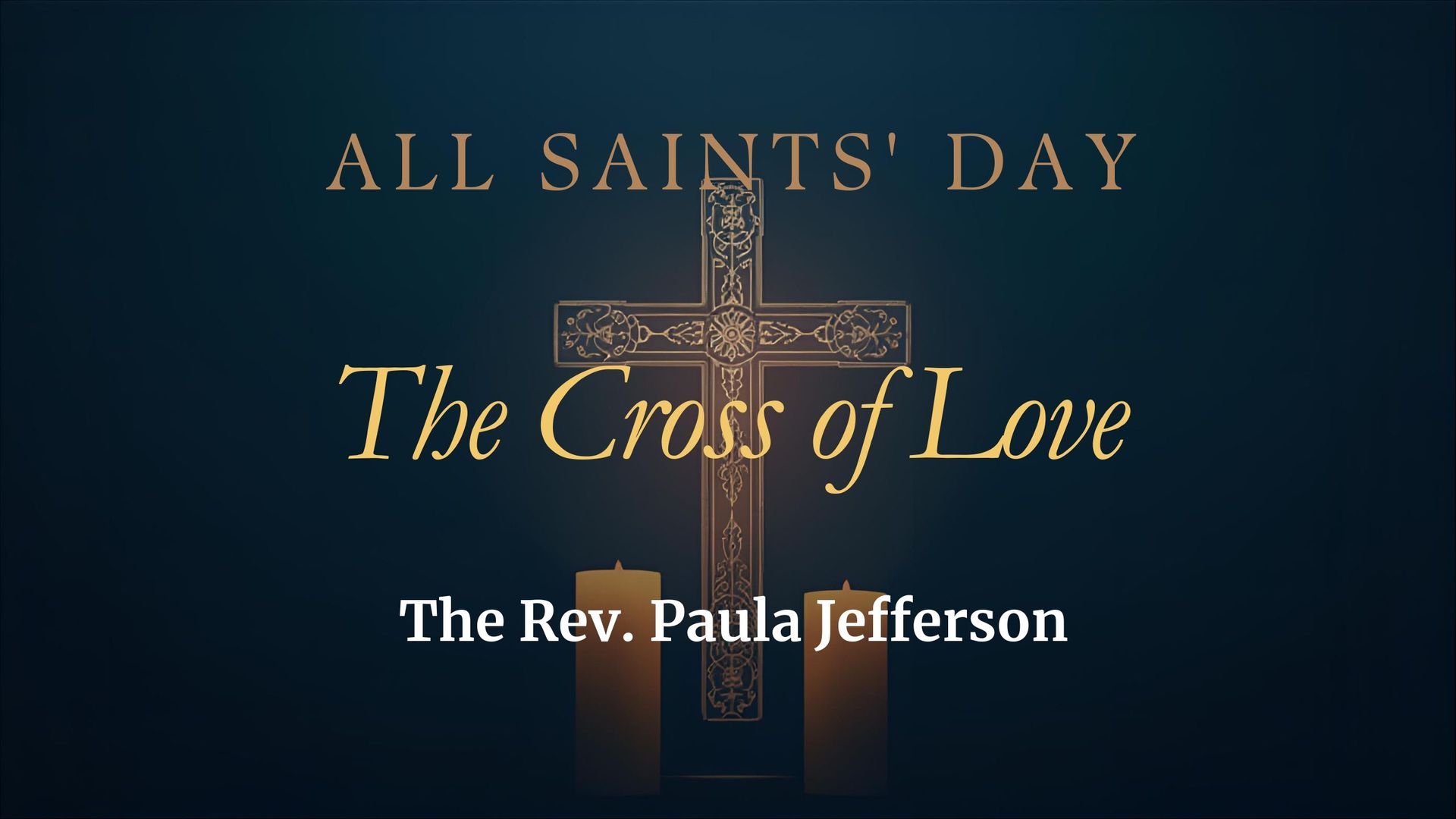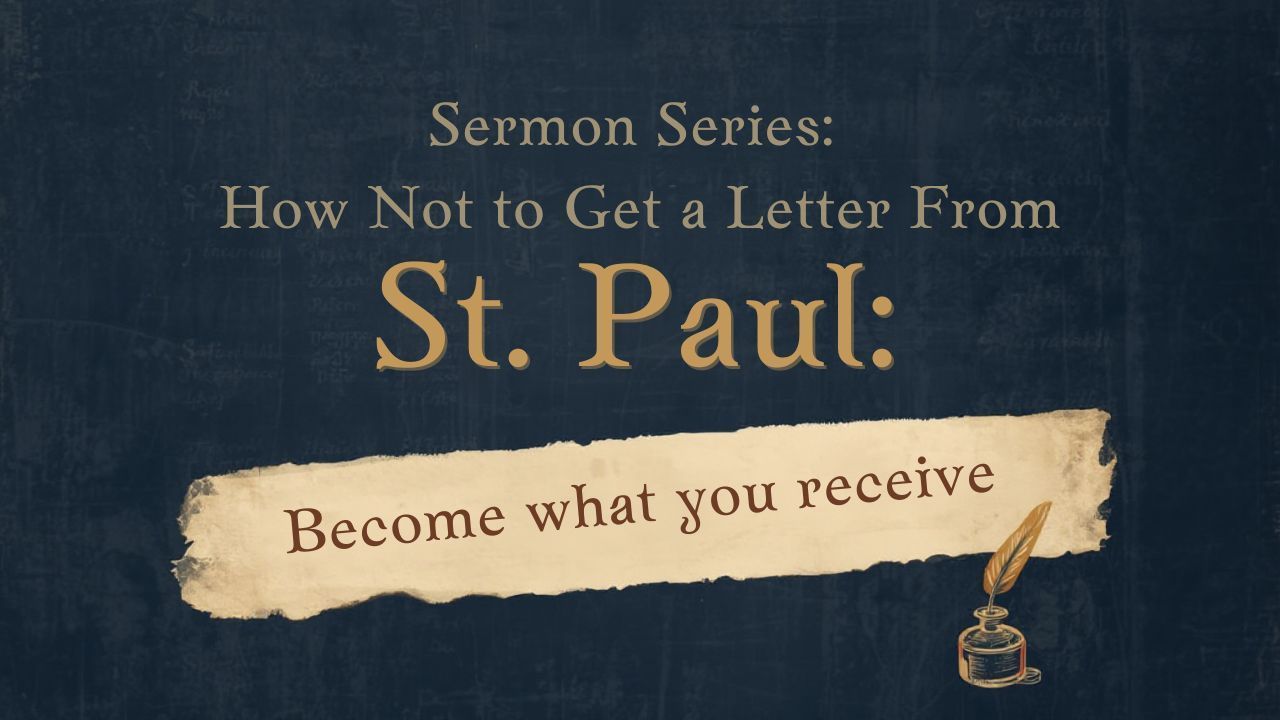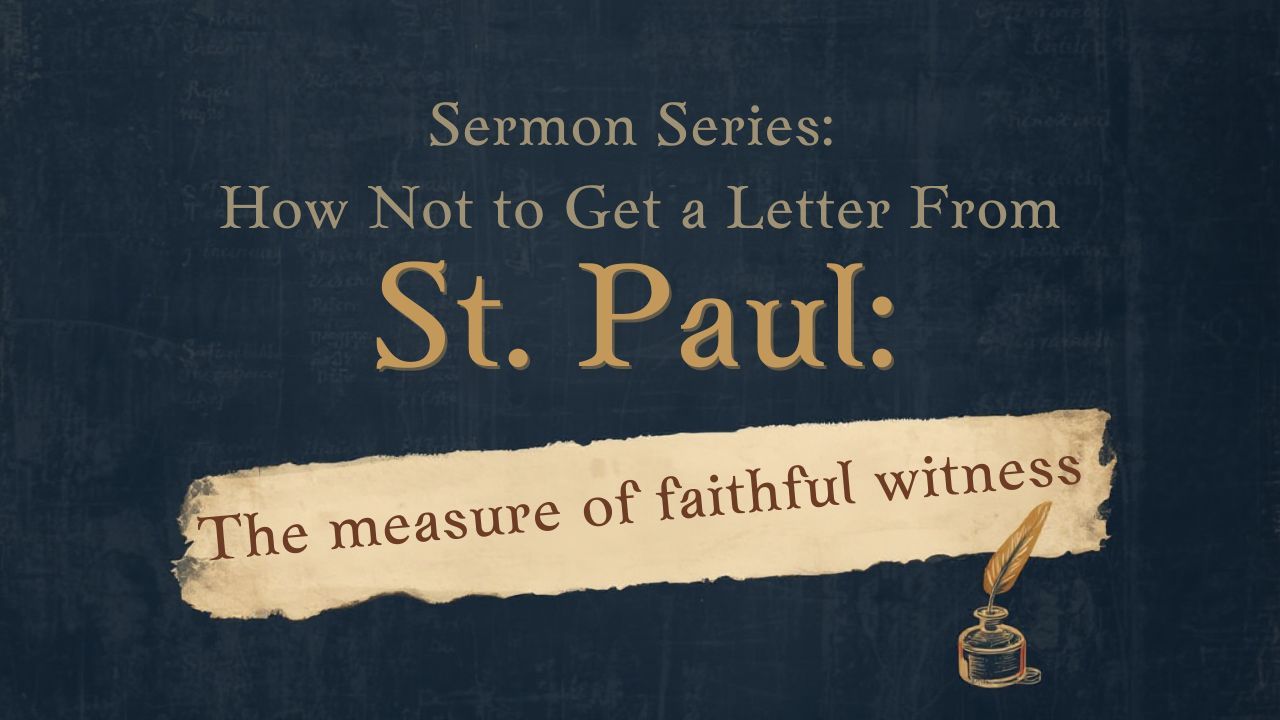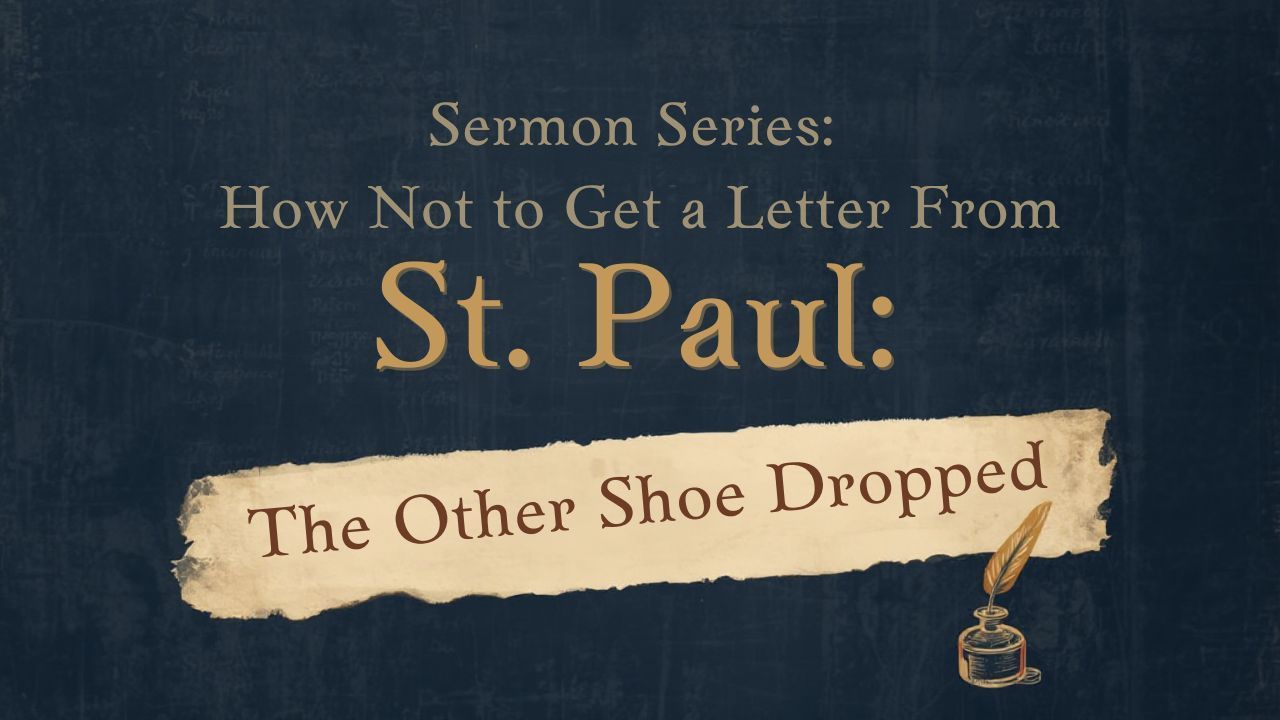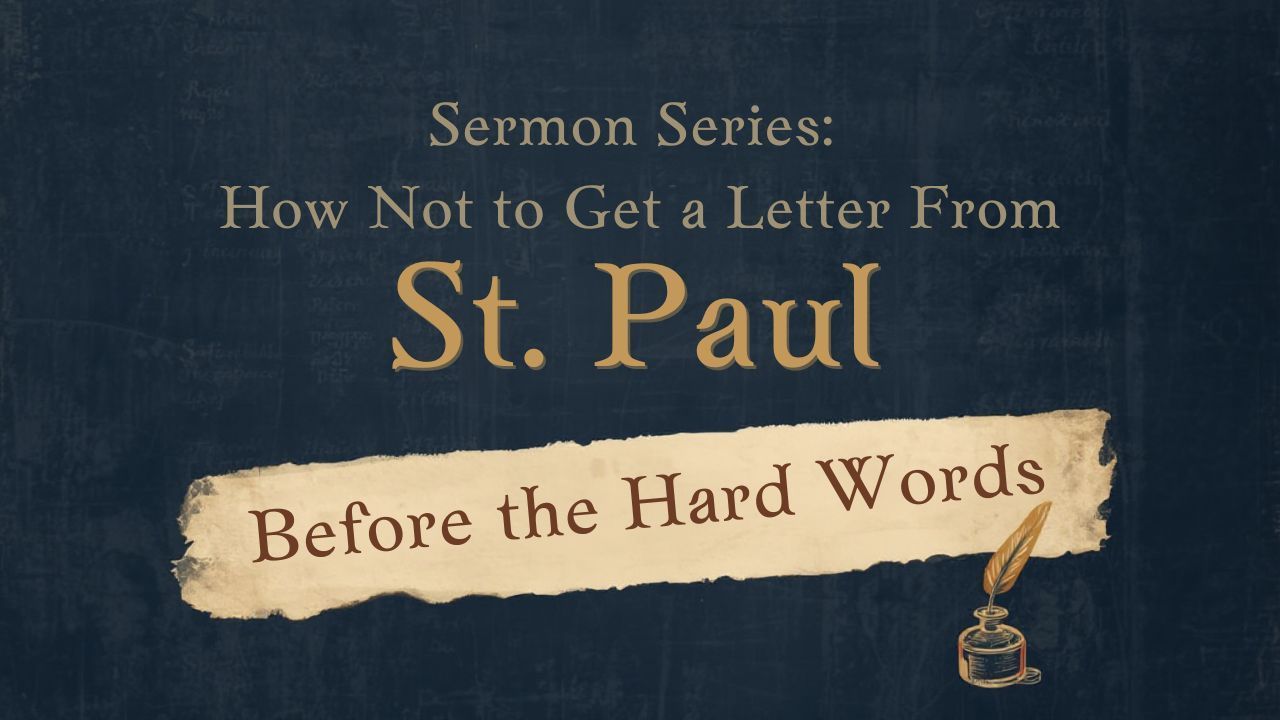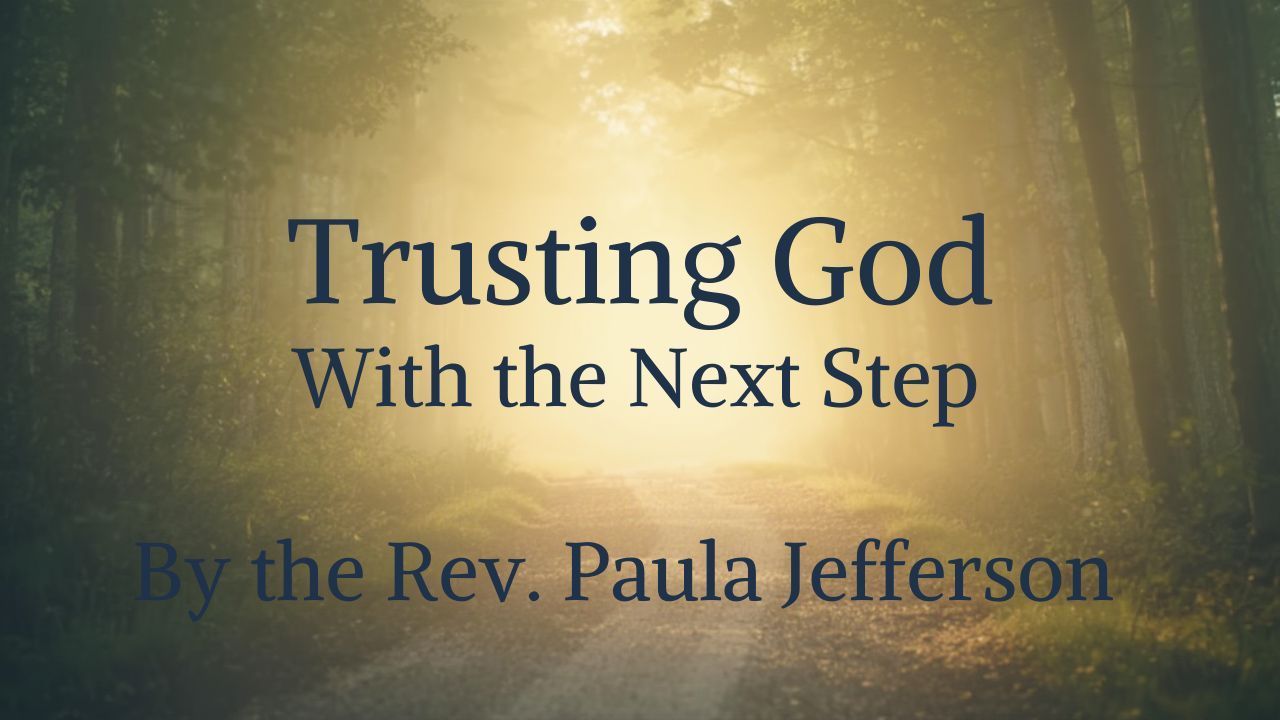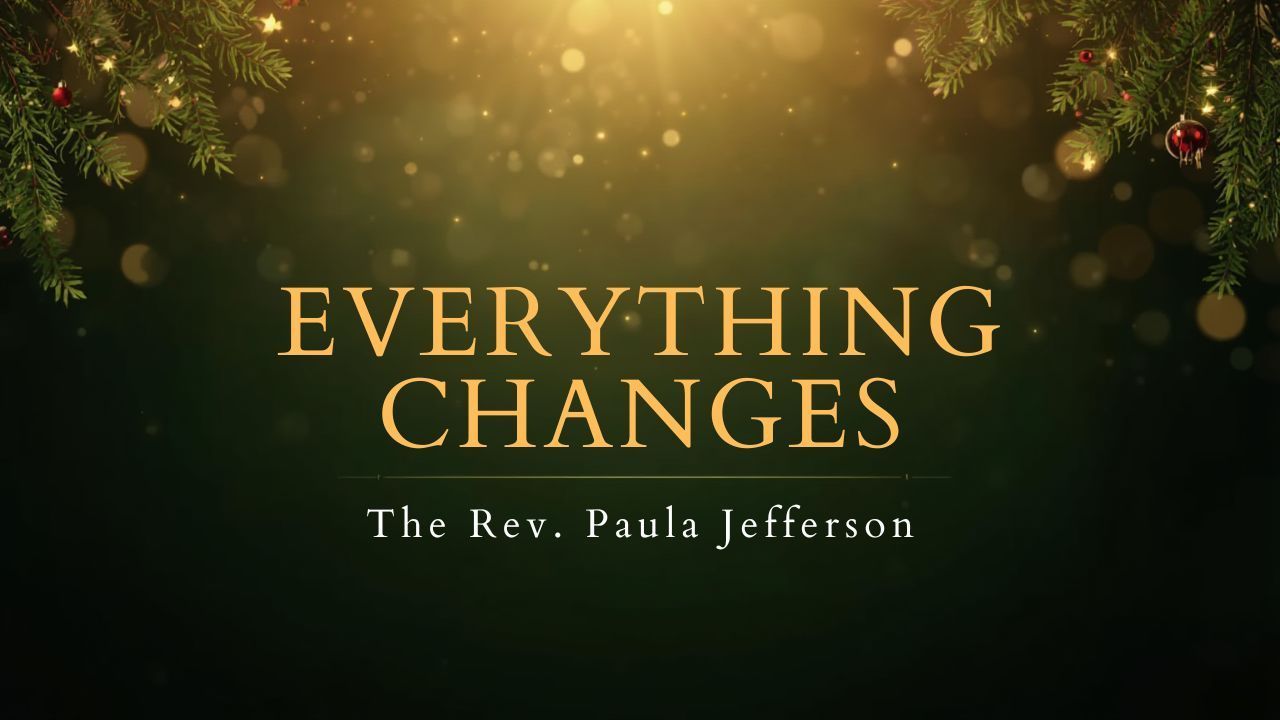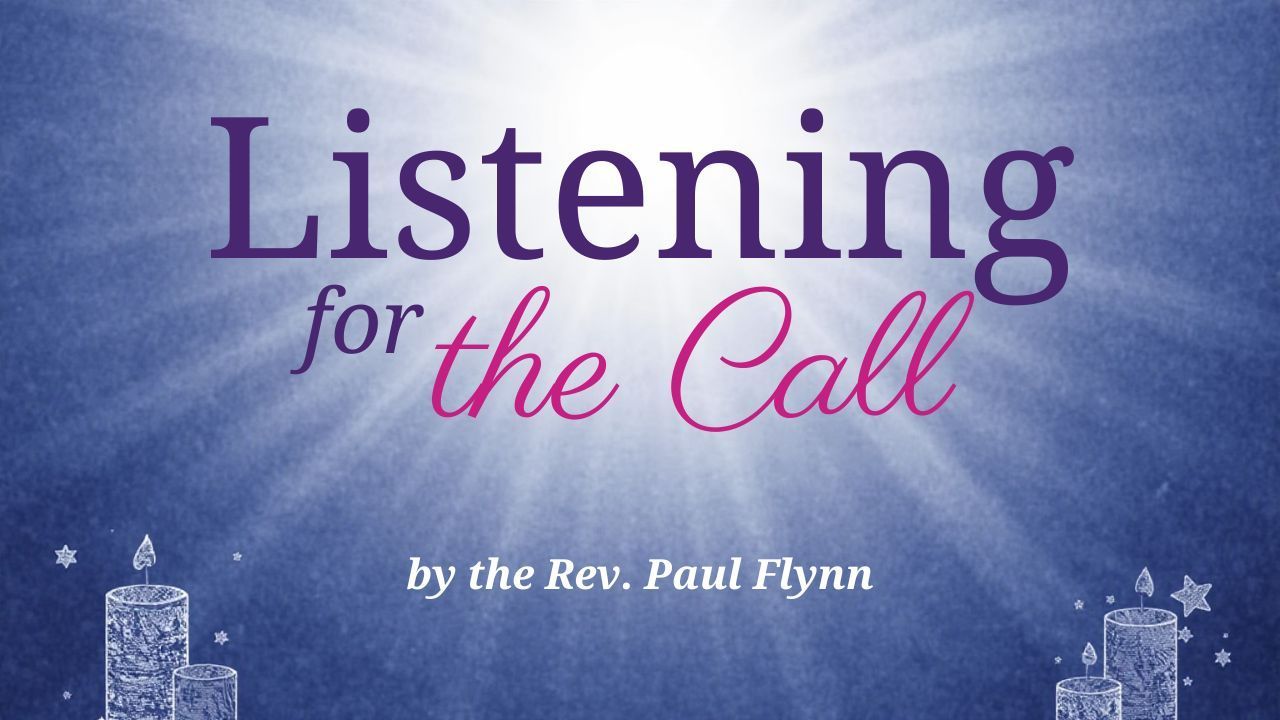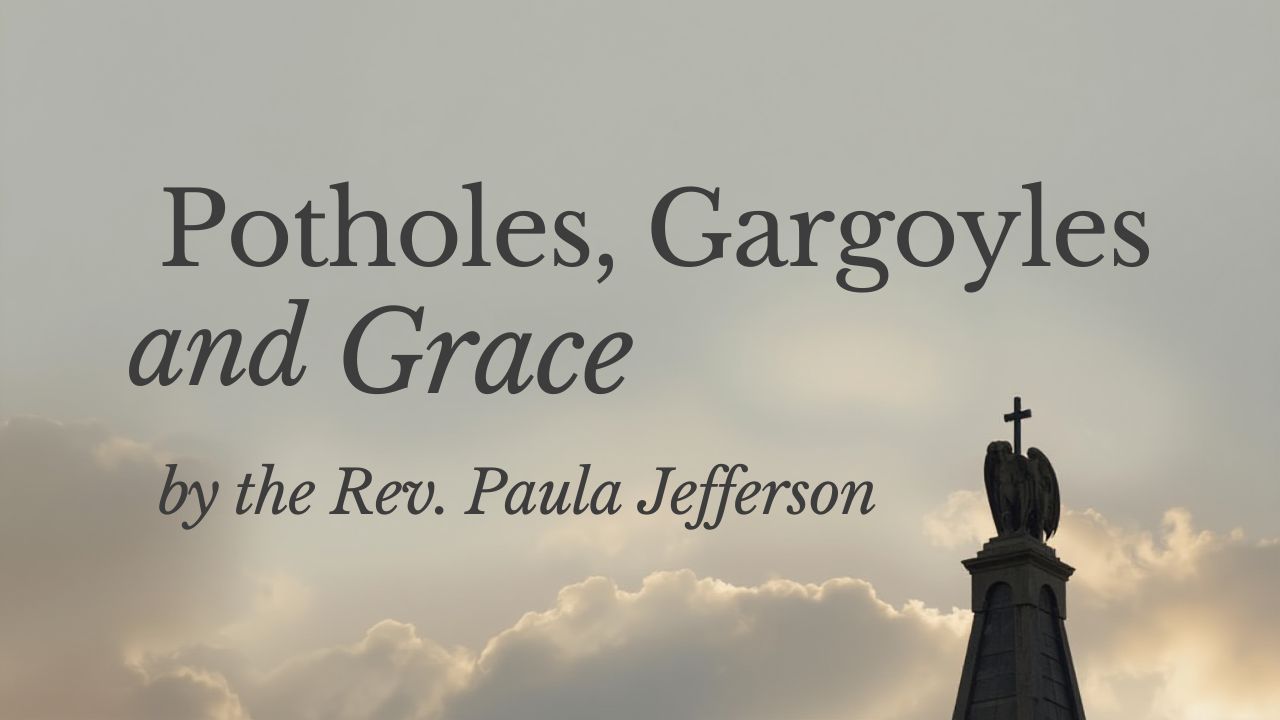We all look for something to steer for us.
My mom often said, “Be careful what you wish for”. She never explained what it meant…she didn’t have to. Often, when we wish for something, there are unintended consequences.
I’m an early-adapter with all things technology. When self-driving cars became a thing, it was at the top of my wish list. And then one night, my car downloaded a software update that allowed me to try fully self-driving mode for thirty days. Free. They were speaking my language.
Much of the time, that software worked beautifully. But one night I was driving home from the church…through the Fort Worth mix-master. At the best of times, the mix-master is a test of faith. That night, I realized…a little too late…that my car didn’t “see” vehicles merging from my right at highway speeds. A car darted in front of me at 55mph. My car panicked. It slammed on the brakes, forcing everyone behind me to do the same. Tires were squealing and I may have said a few choice words.
Then a calm robotic voice came through my speaker: “What just happened?”
Without thinking, I answered, “We’re all going to need clean clothes!”—a reminder that trusting the wrong kind of power can create more chaos than good.
Three thousand years ago, the Israelites faced a similar challenge. They had judges—and they had Yahweh—but they were not satisfied. The nations around them had kings and queens…and Israel longed for a visible symbol of power: a government that looked strong and invincible to their neighbors.
“Give us a king,” they said, “like other nations.”[1]
Samuel warned them: “…in that day you will cry out because of your king, whom you have chosen for yourselves; but the Lord will not answer you in that day”[2]
Be careful what you wish for.
God’s warning is clear: the king you want will take more from you than he gives. And history shows it. Saul and David and their successors ruled.
But, human power systems fail…they always have…we are no strangers to that in our own time. After Solomon, the kingdom split into the northern kingdom of Israel and the southern kingdom of Judah. Leaders often sought their own gain instead of tending to the people, especially the most vulnerable.
By Jeremiah’s time, Judah itself teetered on collapse. Yet God speaks through the prophet, offering hope, promise, and vision of restoration.
“I will gather the remnant of my flock…I will raise up shepherds over them who will shepherd them, and they shall not fear any longer. The days are surely coming, says the Lord, when I will raise up for David a righteous Branch, and he shall reign wisely and shall execute justice and righteousness in the land.”[3]
Jeremiah is speaking God’s words here—a promise of a king unlike any human ruler. Not a king who exploits or coerces, but a shepherd who tends the scattered, who watches over the vulnerable, and who leads with justice and care.
Luke shows us that shepherd in the most unexpected place: on a cross. Even there, Christ gathers the lost and welcomes the outsider—the very people no one expects to matter.
Colossians describes the cosmic dimension of this shepherd—the One who reigns over all creation and reconciles all things through love.
This shepherd’s kingdom is not defined by force—but by mercy; not by fear—but by reconciliation; not by scarcity—but by eternal gift.
And here is the Advent connection: the King we await is already among us—reigning in ways that the world does not expect—and has never expected. Christ’s reign is not deferred to the end times. It is now.
For those who long for a dramatic return of Jesus…scrutinizing hidden messages and timetables…be careful what you wish for. Christ’s reign is not waiting on a cosmic clock. It is already present, entrusted to us --the mystical Body of Christ-- in this world, in this moment.
And that realization is sobering. Because if Christ reigns through mercy, reconciliation, and self-giving love, then we—his Body—are called to reign in that way too.
In our families, we are called to speak truth in love and care for one another. In our workplaces and communities, we are called to act justly, to lift up the vulnerable, to speak for those without voice, and to forgive the one who has wronged us. In the simple moments of everyday life—offering a kind word, feeding the hungry, welcoming the outsider—we participate in the Shepherd’s reign.
Advent invites us to practice that reign, to trust that heart, to embody God’s kingdom in the everyday moments of our lives.
We all look for something to steer for us. Christ the King reminds us: the safest driver is not me…or a throne…or even a Tesla. The only true driver is God. In Advent, we learn to let go, trust God, and follow, even when the road ahead is uncertain.
Thanks be to God.
[1] 1 Samuel 8:5
[2] 1 Samuel 8:10-18
[3] Jeremiah 23:3-5
